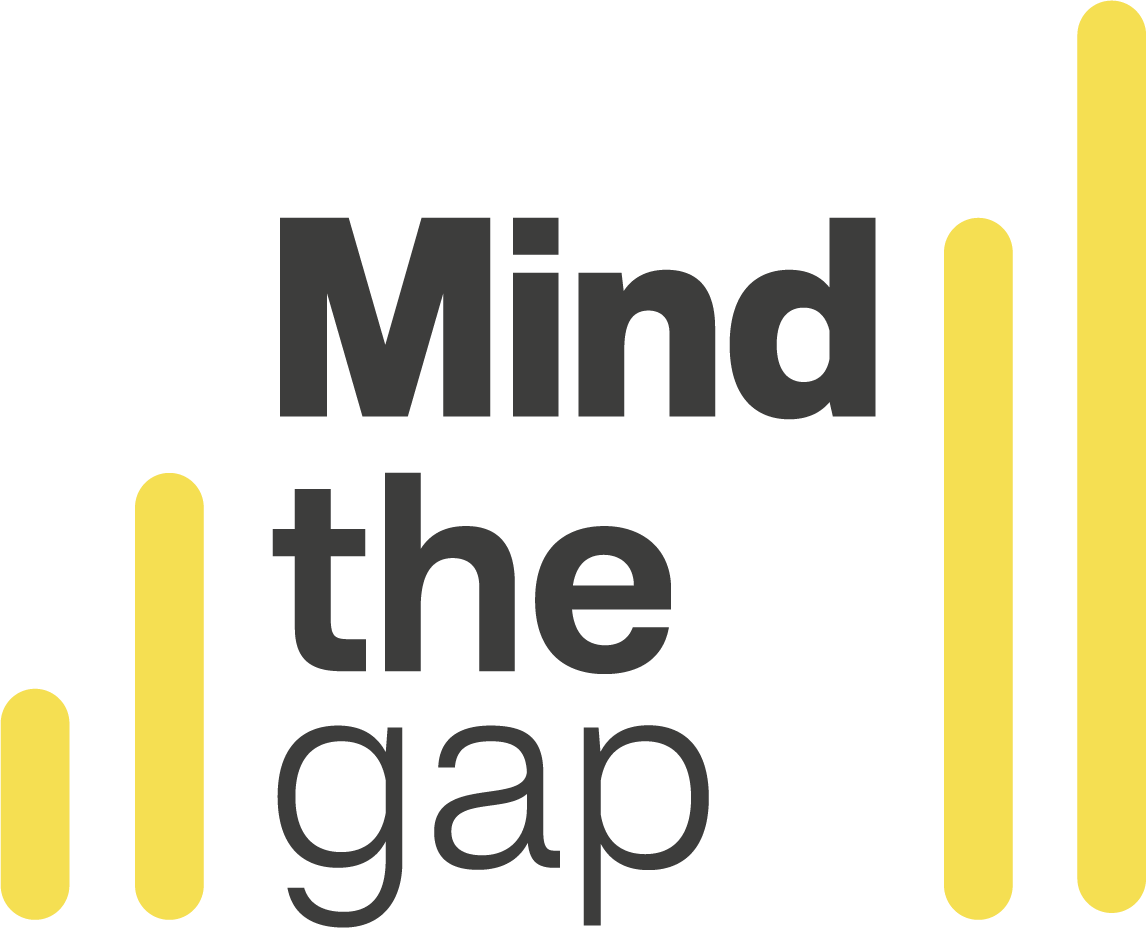Digital Creativity
How Erasmus + projects are helping the Creative and Cultural Industries harness the silver lining of the Covid-19 crisis.
Our collective response to the preventative measures designed to curb Covid-19 contagion has been to dive headfirst into the virtual world in order to stay connected, safely. From a professional perspective, the adoption of digital technologies has accelerated by several years across all industries.
This lifeline has been particularly important for the Creative and Cultural Industries. A report from the Bocconi School of Management measuring the impact of Covid-19 in the Performing Arts Sector (Nov 2020), reflects that “whilst the global pandemic has affected our lives on many levels. Cultural and creative industries have suffered, with the Performing Arts sector being the worst hit by the crisis.”
So how did the industry adapt to the restrictions imposed by Covid measures? With ingenuity, as you would expect from creative minds.
Digitization and the creative arts
Digitization means different things to different industries. For the Creative and Cultural Industry, online ordering and doorstep deliveries often can’t, even partially, fill the void created by closed theatres, museums and venues. This is an industry which is about more than business and the commercial transaction, there is also a personal and emotional dimension. And yet, in the Performing Arts sector for example, physical space and proximity to the audience play a pivotal role in the overall experience.
In the era of social distancing, millions of artists around the world found creative ways to swap physical performance spaces for virtual ones to continue connecting with people. Throughout the lockdowns of 2020 and 2021, artists, arts institutions and arts educators continued to engage with their communities through experimenting with online tools. As we emerge (hopefully) from the Covid-19 crisis, it’s increasingly apparent that digital technologies will continue to play a role in making art accessible.
Erasmus+ projects that lay the ground for a hybrid future
The European Commission was quick to help mitigate the challenges raised by Covid-19, to shape a more prepared Industry in the future. In 2020, two extraordinary European Erasmus+ project calls were launched to support digital education readiness and creative skills. Linking education, training and youth organisations with those in the cultural and creative sectors.
Projects such as Mind the Gap came to life, inspired by the creativity and resourcefulness of artists and arts education professionals during the Covid-19 crisis. Mind the Gap will develop a Knowledge hub to help arts educators become more confident in developing and delivering digital activities to their communities, with focus on access to disadvantaged communities.
Creative Digital Transformation has also been inspired by recently developed digital best practices, check out their Creative Digital Transformation Virtual Map. This project will develop training and webinars on the digitalisation of materials and events for the cultural, touristic and educational sectors.
Virtual stage explores the applicative modalities and limits of the introduction of distance learning in the professional training of opera singers and instrumentalists through a research and experimentation process.
Digital Leap offers dance and circus professionals learning opportunities for deepening their understanding of digital environments and their possibilities in performing arts. How to promote and distribute performances digitally and virtually, without compromising the essential live experience.
Music Virtual Academy - explores how to empower performers, specifically those in music, through development of skills and competences for digital transformation and to ensure high-quality and inclusive education while supporting effective use of digital technologies.
This is just a taster of the ferment of activity currently underway across Europe. More are available on the Erasmus + project results platform. By building on the digital creativity inspired by Covid-19, we are laying the groundwork for a hybrid future that opens up new and exciting opportunities and audiences for the creative and cultural sector.

